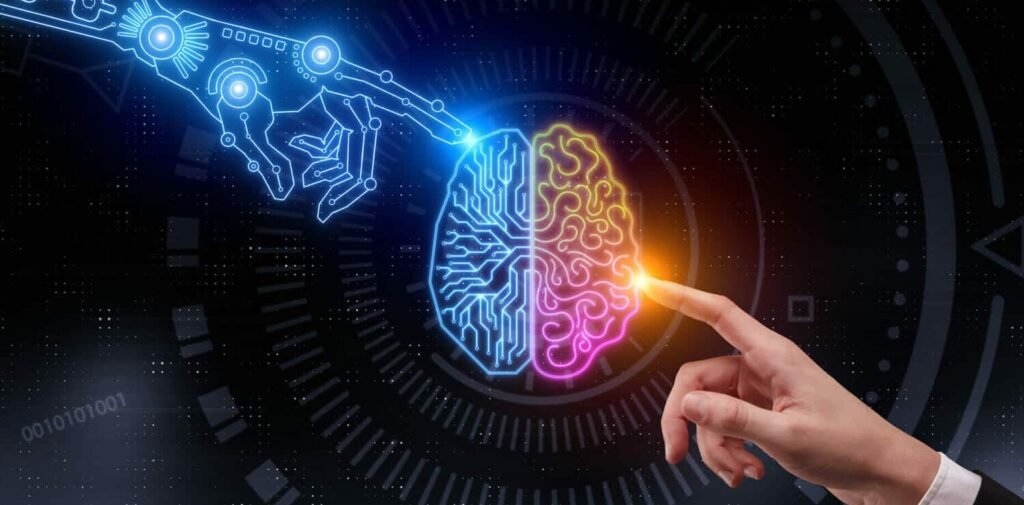LAIdership VS Leadership

Who Will Lead Us in the Future?
A debate is currently unfolding between philosophers and engineers regarding the impossibility of artificial intelligence (AI) achieving human-like consciousness. The argument is that, while AI can simulate consciousness by learning to interpret its environment, this simulation does not equate to genuine human awareness, which involves self-awareness and the understanding of one’s role. The analogy of actors portraying emotions they do not truly experience is often used to illustrate this point.
At the same time, leaders are expected to assume objective roles that do not necessarily align with their characteristics or preferences. Leadership training emphasizes the importance of providing feedback, clear communication, and continuous management in an objective, transparent, and unbiased manner.
The central question is: What distinguishes an efficient, objective human leader from AI that simulates consciousness and emotional intelligence?
The key difference lies in humanity itself—in the genuine, non-simulated experience of life, in our evolutionary affirmation as social beings, and in a type of reasoning that goes beyond mere deduction or induction.
The Limits of AI: The Right vs. Left Brain Perspective
Roger Wolcott Sperry, a neuroscientist, biologist, and psychologist, received the Nobel Prize in 1981 for his research on the functions of the brain’s hemispheres. His findings revealed that:
🧠 The left hemisphere is responsible for logic, cognitive thinking, rule-making, laws, and self-expression.
💡 The right hemisphere governs emotions, creativity, imagination, and intuition—it is the seat of the unconscious mind.
Although AI is developing capabilities comparable to the left hemisphere and may even surpass it in the future, it remains highly unlikely that it will fully replicate the complexity of the right hemisphere.
While generative AI has demonstrated an ability to compose music, create art, and generate creative content, it still falls short of the depth and richness of human creativity, which is deeply interwoven with emotions and subjective experiences.
The Unique Nature of Human Intelligence
Erik J. Larson, in his book The Myth of AI, explains that human reasoning is abductive, meaning we can interpret irony, sarcasm, double meanings, and poetic language—capabilities deeply rooted in the right hemisphere of the brain. This form of reasoning is a fundamental aspect of our humanity and a major challenge for AI to replicate.
Similarly, Stuart Russell, in his 2019 book Human Compatible, states that intelligence goes beyond raw intellectual capacity. While supercomputers like Summit may already outperform the human brain in processing power, Russell argues that human intelligence encompasses elements that extend beyond pure logic and computation. Even if AI continues to develop in a way that mirrors the left hemisphere, it remains incapable of fully emulating the right hemisphere’s depth of emotional and social cognition.
The Role of AI in Leadership: Can Machines Truly Lead?
In an organizational context, Simon Sinek argues that AI cannot empathize with human experiences such as illness, stress, anxiety, or personal struggles because it lacks the ability to feel emotions.
Moreover, as humans are inherently social creatures, it’s worth asking:
🤖 Would we confide in a machine about our personal struggles?
👥 Or would we prefer to share with someone who understands because they’ve lived through similar experiences?
The answer is clear: while AI can assist and enhance decision-making, it cannot replace the human element of leadership.
The Future of Leadership: Human Connection as the Ultimate Advantage
The key takeaway is that the more human, empathetic, and emotionally connected leaders are to their teams, the harder it will be to replace them with AI.
Machines lack the ability to truly comprehend and share the complexities of human experience—which is precisely what makes a great leader irreplaceable.

